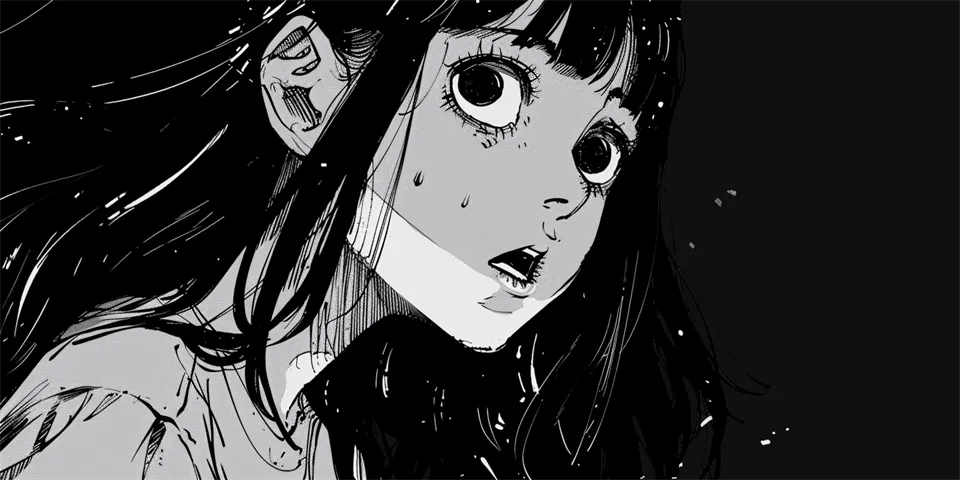The term 'fanfiction' refers to stories that fans write about characters, settings, or situations from an original work, such as a book, TV show, or movie. The phenomenon has sparked heated debate over whether it constitutes plagiarism. With the popularity of fanfiction exploding online, via apps and websites like Wattpad, FanFiction.Net, and Archive of Our Own, the question of whether fanfiction is ethical, legal, and original continues to hang in the balance. We will explore this issue from several angles including intellectual property, fair use, transformative work, consent, and creative freedom, among others.
Intellectual Property
One could argue that fanfiction infringes upon the intellectual property rights of the original creator by using their characters and universe for the fanfic writer's own narrative. In this view, fanfiction is akin to theft, where stories are borrowed without permission, repackaged, and distributed—often for free but sometimes even for profit.

However, others maintain that fanfiction is a form of interpretative art, which takes pre-existing elements and reshapes them into something new and unique, thereby making it a form of creative expression protected under copyright law's fair use provision.
Fair Use and Transformative Work
Fair use is a concept in copyright law that allows the use of copyrighted material without permission from the owner in specific cases, such as criticism, news reporting, teaching, research, and parody. The concept of 'transformative work' comes into play here, which is work that adds a new meaning or message to the source material.
If fanfiction is considered transformative, it could fall under fair use and thus be legally protected, as it does not directly compete with or impact the market for the original work. The line between transformative work and non-transformative work, however, can often be blurred, making this a contentious point in fanfiction ethics.
Consent of Original Creators
The subsequent question revolves around the consent of original creators. Some authors, like J.K Rowling and Rick Riordan, allow and even encourage fanfiction. Others, namely George R.R Martin and Anne Rice, have expressly condemned it.
When original creators give their blessings, fanfiction is less likely to be considered plagiarism. Nevertheless, the challenge arises when the creators are against fanfiction but have no control over its online dissemination. Herein, should fanfiction be considered as plagiarism or merely an exercise of creative freedom?
Creative Freedom and Community Building
Supporters of fanfiction defend it as an exercise in creative freedom, a way for fans to explore and expand canon material in ways that are satisfying to them. They perceive fanfiction as a community-building exercise where fans express their passion, feelings, and interpretations of the original work.
Is creativity, thus, solely bound by originality, or can it also be celebrated within the framework of pre-existing works? This question remains central to the fanfiction vs. plagiarism debate.
Fanfiction Websites and Apps
Online platforms like Wattpad, FanFiction.Net, and Archive of Our Own host millions of fanfictions. These websites do not filter fanfics based on the consent of original creators, raising legitimacy issues. However, they play a crucial role in fostering creativity and community interaction among fans.
These platforms add another layer of complexity to the plagiarism question. Should they be held liable for hosting fanfics that potentially infringe copyright or are they merely providing an avenue for fans to express their creativity?
Conclusion
In conclusion, whether fanfiction is plagiarism is subjective and depends on one's perception of intellectual property, fair use, transformative work, consent, and creative freedom. It's contentious terrain largely because the intangible nature of 'ideas' and 'creativity' makes them difficult to qualify and quantify legally. While the debate rages on, fanfiction continues to thrive, manifesting fan passion and creative exploration.
FAQs
Is all fanfiction illegal?
No, not all fanfiction is illegal. Whether a fanfiction infringes upon copyright depends on if it's transformative or derivative, and even then, it's a gray area with room for interpretation.
Is fanfiction considered plagiarism?
Fanfiction can potentially be seen as plagiarism, but many argue it falls under transformative work and fair use, hence not qualifying as plagiarism.
Do authors get angry about fanfiction?
The reactions of authors to fanfiction vary—some readily accept it as a forms of flattery and fan engagement, while others see it as an infringement on their intellectual property rights.
Can I sell my fanfiction?
Selling fanfiction may lead to legal issues unless the original work is in the public domain or if the fanfic is so transformative that it becomes an original work in its own right.
References
1. Hetcher, S. (2009). Using Social Norms to Regulate Fan Fiction and Remix Culture. University of Pennsylvania Law Review, 157.
2. Tushnet, R. (2014). Legal Fictions: Copyright, Fan Fiction, and a New Common Law. Loyola of Los Angeles Law Review, 33.
Why share your ambitious plans with real people when you can chill with Wemate AI? Get ready to plot out a conspiracy on why cheese pizza is the best love language!






